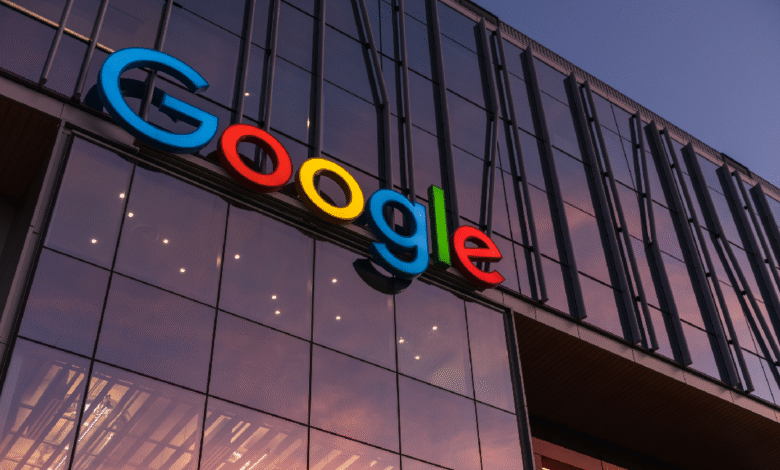
Alphabet’s stock saw a sharp jump of nearly nine percent after a U.S. federal judge handed down a ruling that significantly eased fears about how far the remedies in Google’s high-profile antitrust case would go. The Department of Justice had been pushing for aggressive structural changes, including the possibility of forcing Google to sell off its Chrome browser or even divest parts of its Android operating system.
Those demands, if accepted, could have reshaped the technology industry and stripped Google of two of its most valuable platforms. Instead, Judge Amit Mehta concluded that prosecutors had overreached and explicitly ruled out any divestiture of Chrome or Android, calling such remedies unnecessary and beyond the scope of the case.
The origins of this legal battle trace back to September 2023, when the DOJ accused Google of illegally maintaining its dominance in online search.
In August of the following year, the court sided with the government, finding that Google had violated antitrust law under Section 2 of the Sherman Act.
The focus then shifted from proving liability to determining appropriate remedies. The remedies phase reached a critical point in May, when arguments were heard on how to address Google’s market power. Many observers feared the outcome could be catastrophic for Google’s core businesses, particularly search and mobile software.
Judge Mehta’s final judgment takes a narrower approach. Google is now barred from entering into exclusive distribution contracts that make its search engine the default option across devices and platforms.
However, the company is still permitted to pay partners such as Apple to preload Google services, a distinction that will allow it to maintain key commercial relationships.
The ruling also compels Google to share certain search data with rivals, potentially opening the door for smaller players to compete more effectively. These measures reflect an attempt to loosen Google’s grip on the search market without dismantling its most recognizable products.
For Apple, the decision preserves a lucrative revenue stream. The company earns billions annually from Google in exchange for making its search engine the default on iPhones and other devices. That arrangement will continue, though Apple may have to be more transparent about the choice it offers users.
Meanwhile, Google itself expressed concerns that the new rules could affect user privacy, arguing in a blog post that forcing it to share data with competitors introduces new risks. Even so, the company emphasized that the court wisely recognized divesting Chrome or Android would not have addressed the specific issues raised in the case.
The possibility of a forced sale had stirred interest across the tech industry. Several companies had already signaled that they would be eager to acquire Chrome if it were put on the market.
Both OpenAI and Perplexity publicly declared their interest in owning the world’s most widely used web browser, highlighting just how much value rivals saw in separating Google from its assets. That scenario will no longer play out, at least under the current ruling.
The DOJ has framed the outcome as a meaningful step in opening up a market that has long been locked in Google’s favor. Officials argue that by restricting exclusive contracts and requiring data sharing, competitors now have a fairer chance to build alternative search services.
Significantly, the order also extends into the emerging field of generative AI, ensuring Google cannot apply the same tactics it used in search to dominate this fast-growing area. Regulators see this as a critical safeguard given the central role AI is expected to play in shaping the next generation of digital platforms.
For Google, the judgment provides relief on two fronts. It avoids the potentially devastating loss of Chrome and Android, and it ensures the company can maintain its most profitable partnerships. For investors, that clarity explains the immediate surge in Alphabet’s share price.
Yet the restrictions on exclusivity and the mandate to share data mean Google’s competitive landscape is shifting. Smaller rivals now have a stronger foothold, regulators have established precedent for targeting digital gatekeepers, and the balance of power in both search and AI is far from settled.












